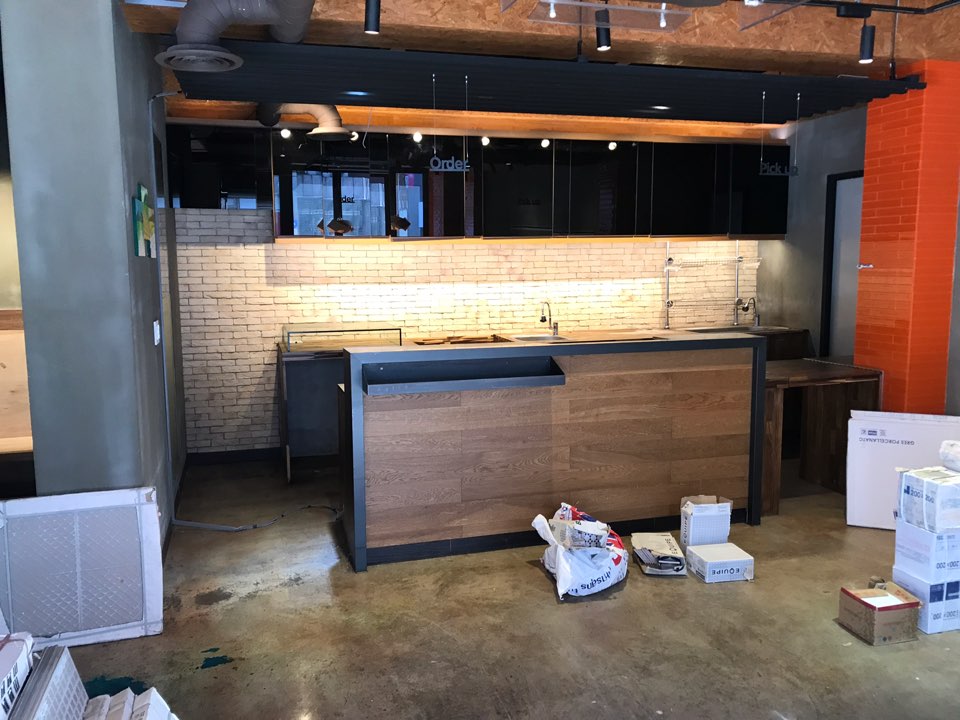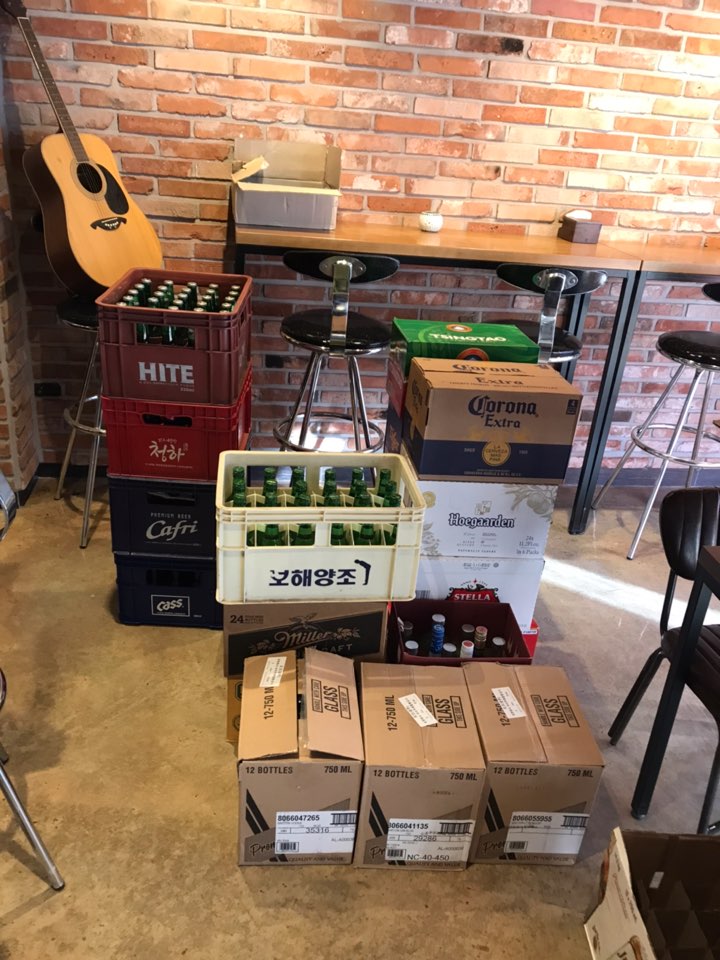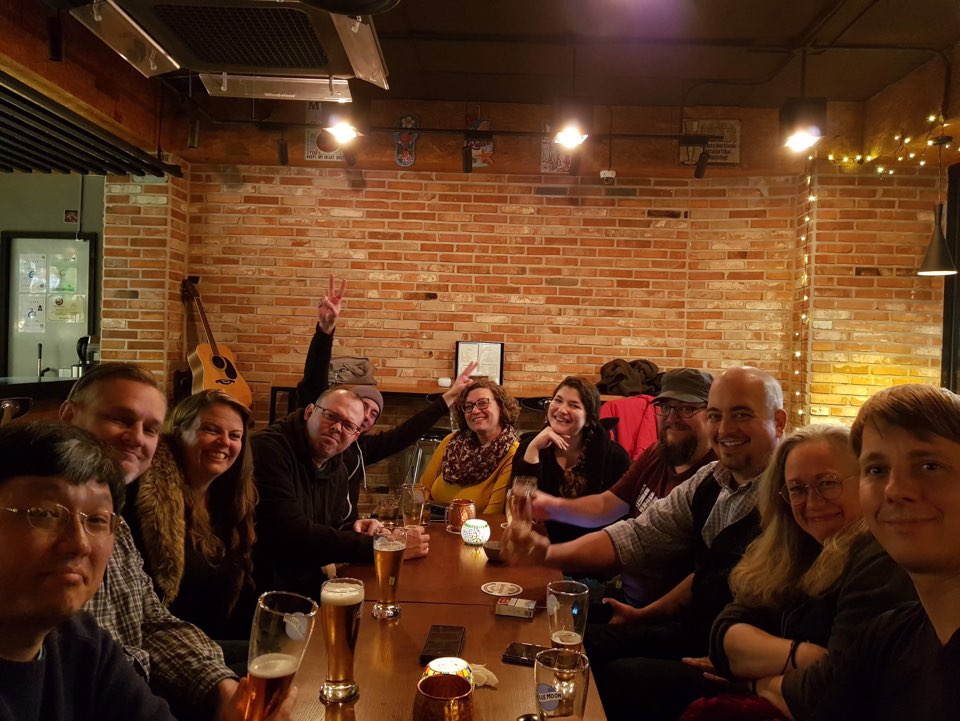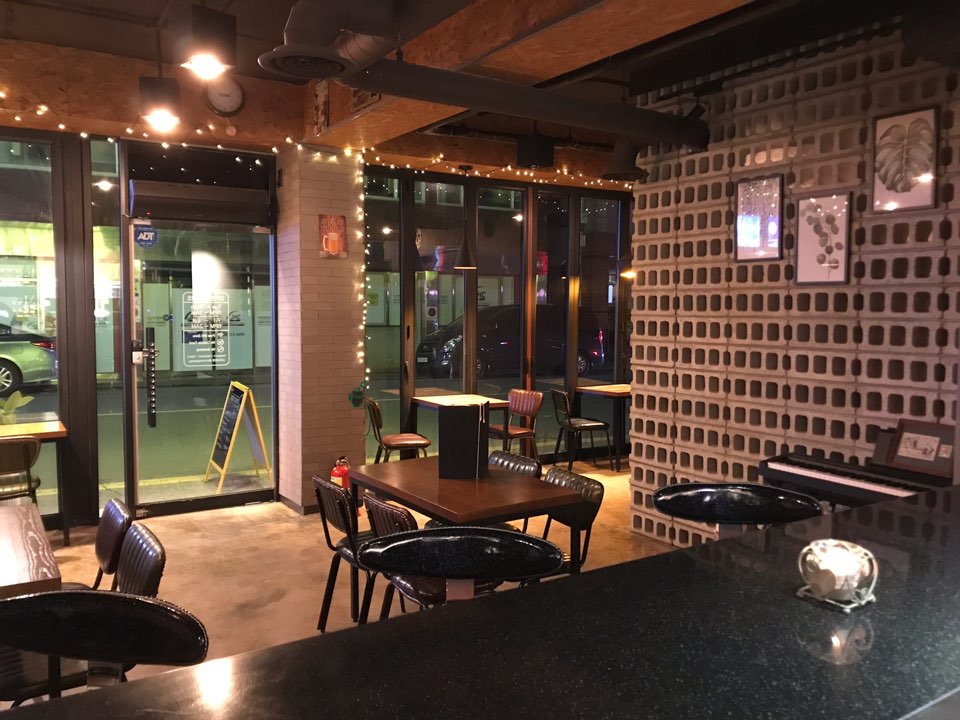Attaining Nirvana – A Jigsaw Puzzle and a Treasure Hunt
Written by William Urbanski.
Any expat who has been in Korea for any length of time has surely noticed that the vast majority of expats from Western countries work in the education industry, almost exclusively as teachers and instructors. Personally, I can count on one hand the number of foreigners I have come across from all of Canada, the States, the UK, Australia, New Zealand, and South Africa who do not teach.
One of those expats lacks a degree and works in an ice factory (but would teach if he could, no doubt), and another one worked in a bakery. While there are certainly many good and valid reasons why most expats from the above-mentioned countries here are teachers, Korea also has its fair share of foreigners from APAC countries who work in other industries. Among all the people that come to Korea, something that is exceedingly rare are those who start a business.
Caleb Sekeres lived in Korea for eight years, during which time he taught, got married, and had two children. After returning to the States for a few years so that his children could become better acquainted with his side of the family, he came back to Korea with a new agenda: to use his background in theater and the performing arts to create a creative and comfortable space – an environment that lends itself to artistic endeavors. Nirvana, which opened its doors on January 24th, is the product of that vision. Making the leap from employee to business owner is daunting and fraught with difficulties, even more so when one is a foreigner. Crossing the entrepreneurial chasm successfully confers a number of advantages. As well, it is well understood (but perhaps underappreciated in Korea) that entrepreneurs and small businesses are the backbone of many a successful economy.

Among the many challenges facing a foreign entrepreneur in Korea, Sekeres mentioned that the linguistic hurdles were among the most difficult to overcome and basically fully require the assistance of a native speaker. Sekeres has achieved a Level 4 on the Test of Proficiency in Korean (TOPIK), the notoriously difficult test that has caused even the most dedicated language learners to throw up their hands in frustration. But even Level 4, which means a person has little difficulty living life completely in Korean, is simply not enough for the highly specialized legalese and business terminology required to get a business off the ground. For these matters of acquiring and sorting out documents and licenses, Sekeres largely had to rely on the assistance of his wife, Kim Yun-oo. Kim had to take the lead when determining exactly what documents were needed and then figuring out what procedures and steps had to be followed.
Mr. Sekeres and Mrs. Kim also got a lot of help from an unexpected source. The small business association in Gwangju called the Oesikeop-chungang-hoe (외식업중앙회) was indispensable and facilitated the entire process of opening the business. The small business association works on a membership basis and requires a monthly fee that is well worth it, according to Sekeres. The association helped make arrangements for virtually everything that was required, from the paperwork up to the physical inspections of the space.

Nirvana is now a licensed establishment, and one of the interesting things I found out is how the liquor distribution companies (which run the pickup trucks full of booze you have surely seen on the roads) try to force businesses into agreements that, while meeting most of their needs, allow little room for negotiation or customization of the product choices. This means that when looking for certain cocktail ingredients, Sekeres had to do a little more digging than expected, as his vision would not have fit into the “one size fits all” contract proposed by the companies.
For those who wish to open a business in Korea, Sekeres offers some additional advice: Try not to compromise on your vision of what is possible. Building owners, leasing agents, food and liquor supply companies, and other people you will have to rely on will all have their own ideas of what they would like you to do. Their cookie-cutter contracts as well as their terms and conditions will try to put you in a box, limiting what you can do. Contracts and rules are always negotiable and often minor points and concessions are worth fighting for.

One of the reasons I have never really considered opening up a business in Korea (besides my complete lack of business acumen, that is) is the daunting, tangled web of regulations and approvals that stand between an idea and a brick-and-mortar enterprise – or so I thought.
Surprisingly, Sekeres explained that the process of obtaining the proper paperwork (i.e. a business licence) was actually quite streamlined and efficient. This was completely counter-intuitive to me and made the dense jurisdiction surrounding opening a business in Canada seem virtually draconian (e.g., you cannot open a hot dog stand without a slew of inspections and stamps of approval).
Opening a business is no joke and requires copious amounts of work, but speaking to Sekeres made me realize that in Korea, it is not the buck-wild undertaking I thought it was.
THE AUTHOR
William Urbanski, managing editor of the Gwangju News, has an MA in international relations and cultural diplomacy. He is married to a wonderful Korean woman and has myriad interests, but his true passion is eating pizza.




